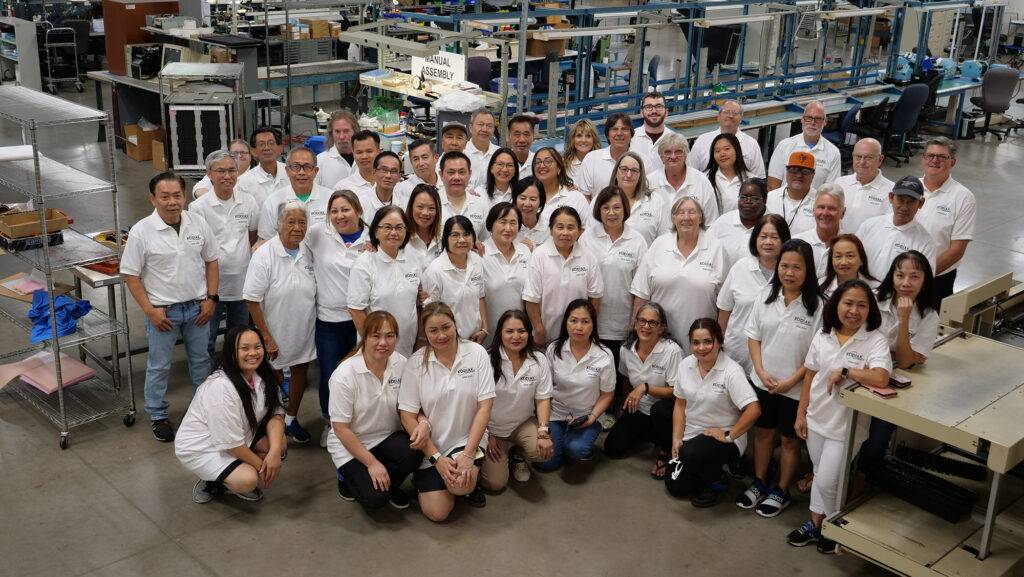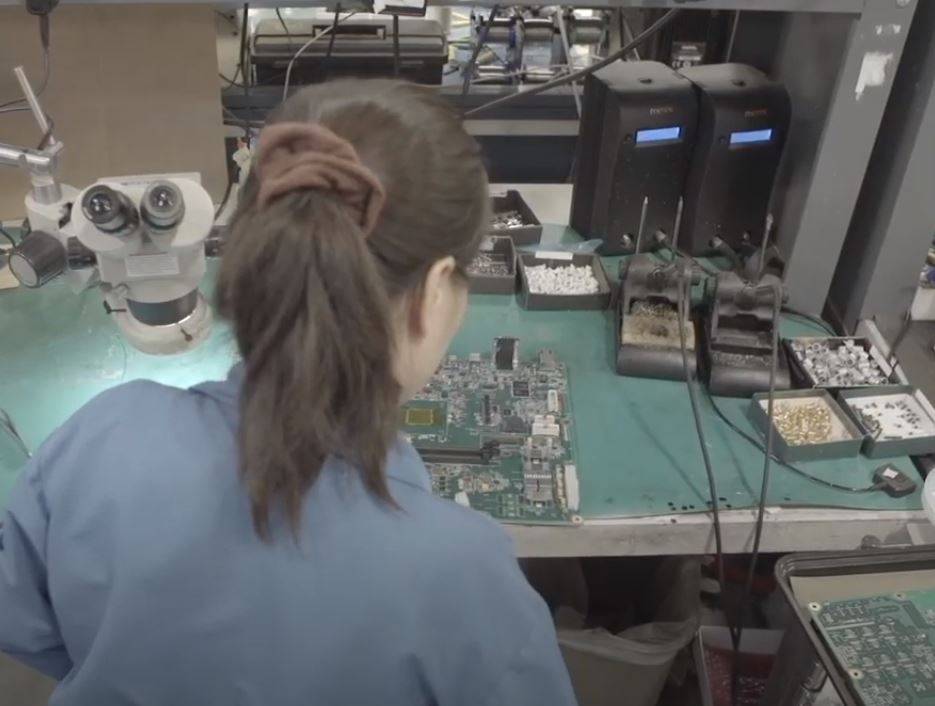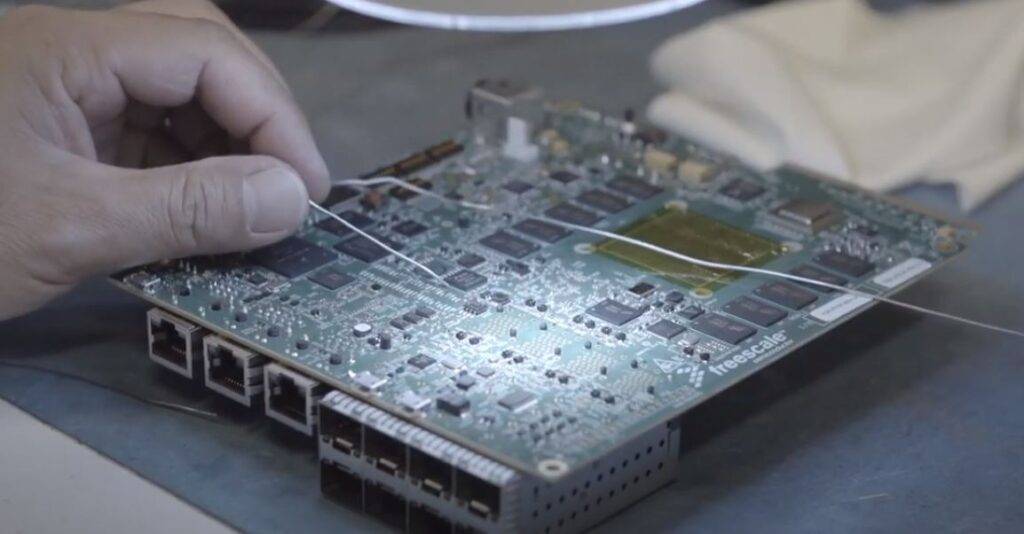AI is Shaping the Future of Electronic Chip Manufacturing
Artificial Intelligence or AI is defined by Merriam-Webster as:
1: a branch of computer science dealing with the simulation of intelligent behavior in computers
2: the capability of a machine to imitate intelligent human behavior
 As such, AI has been a device used in many a sci-fi film over the decades, sometimes in helpful, humanizing ways as in the movie with the not so ambiguous name, A.I. Artificial Intelligence. Most of the time Hollywood is less keen to show the positive aspects of AI, choosing instead to show more sinister predictions as in 2001: A Space Odyssey and Ex Machina. But, whatever the future of AI holds, it’s here and gaining momentum.
As such, AI has been a device used in many a sci-fi film over the decades, sometimes in helpful, humanizing ways as in the movie with the not so ambiguous name, A.I. Artificial Intelligence. Most of the time Hollywood is less keen to show the positive aspects of AI, choosing instead to show more sinister predictions as in 2001: A Space Odyssey and Ex Machina. But, whatever the future of AI holds, it’s here and gaining momentum.
With the swift and head-spinning rise of the IoT (Internet of Things), including smart home features, medical advances and innumerable other possibilities and uses, AI is following right behind. Not only in its own right but with ways to enhance the functionality and ability to improve the IoT with machine learning and other innovation.
With Elon Musk thrusting the AI conversation into the limelight recently, AI icons of the past are making headlines again as neural networks are being brought back to the forefront in the rapidly changing world of internet technology. Yann Lecun, who built the AI chip ANNA 25 years ago works with Facebook in their central artificial intelligence lab. The lab develops technology used with neural networks for face recognition and more.
AI is a burgeoning technology space that has the same potential and momentum as the IoT and chips are coming to market in quick succession from Google’s TPU to Intel’s new machine-learning chip, this is the next wave of chip manufacturing.
What to Expect from the Latest AI Push
Facebook discussed AI at F8 with the unveiling of their augmented reality applications for mobile phone cameras. The augmented images will be able to be applied to video and images, including the popular Facebook Live Video functionality. Some aspects of this newfound tech seem to be akin to creating a real-life Sims environment.
Google recently opened its AI assistant to respond to more than just one user voice. In fact, it will respond to ANY voice, which has been a point of contention for the company. Though the current functionality still enables it to allow up to six users to receive a personalized response and profile building based on their voice. It is a unique functionality that has taken the virtual assistant to a new level. Expect even more personalization to come from these types of devices.
According to eCampusNews.com, higher education will see a big impact from AI. From educational games that have adaptive learning features specific to each student to helping students figure out what jobs might suit them best and how to get there. The possibilities for building a map to the future for students before they even reach higher education are endless.
Elon Musk has a different, more “integrative” idea for AI. After voicing his concerns over the past years about AI and the possibilities of a negative effect on humanity, he has conceded to be part of the solution. His belief is that the biggest benefit of AI to humankind is if we are connected to it directly. Meaning a neural network connected to our brains. Meaning, rather than seeing photos or video of your best friend’s trip to Turks and Caicos you would be able to smell the salty air and feel the warmth of the sun on your skin. You could share your thoughts. Which, considering what happens when one accidentally hits ‘send all’ on an email meant for one person, might get a little weird. If you think we’re oversharing now, just wait.
The medical field is already seeing the difference AI makes and the benefits it can have for doctors and patients. Google’s DeepMind has shared their intention to help detect eye disease with AI in partnership with the NHS. IBM’s Watson AI has been trying its hand at diagnosing cancer patients alongside doctors and has been pretty successful, diagnosing 99 percent of cases and offering options that doctors did not in 30 percent of those cases.
There is no denying and certainly no stopping the development and implementation of AI across all industries. It has been used for quite some time in banking and security, as well as in marketing to great success. The age of AI is here and is expanding rapidly. Innovation in the field will only speed up in the months and years to come.
Kodiak Assembly Solutions has been working steadfastly the IoT boom in technology and has worked with some of the top names in innovation on chip design and development. We are ready to take on the electronic manufacturing needs of the AI industry as well. Contact us today for partners with experience and an exemplary track record in your technology of the future.





